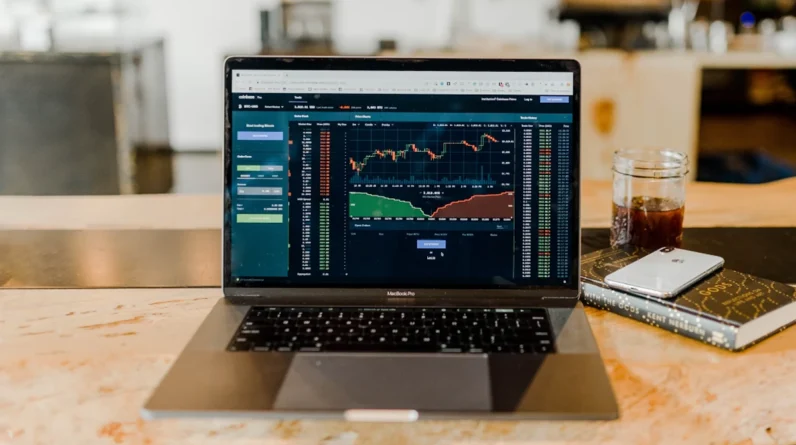
The European financial landscape has undergone significant changes recently. Notably, the London Stock Exchange has reclaimed its status as the richest stock market in Europe, overtaking the Paris Stock Exchange. This shift comes amid political upheaval and economic uncertainty in France following the European elections of June 2024.
London Reclaims the Top Spot
Resilience of the London Stock Exchange
Despite initial fears that Brexit would diminish London’s standing as a global financial center, recent events have proven otherwise. The London Stock Exchange has shown remarkable resilience, bouncing back from Brexit-induced instability and solidifying its position as Europe’s leading stock market. Bloomberg reports that the market capitalization of the LSE has surged to $3,180 billion, surpassing the $3,130 billion valuation of the Paris Stock Exchange.
Key Drivers of London’s Success
Several factors have contributed to the resurgence of the London Stock Exchange:
Listing of Prominent Companies
One notable development is the recent listing of Raspberry Pi, a significant technology company. This addition underscores London’s appeal as a global financial hub, attracting substantial investments and reinforcing investor confidence. Additionally, the semiconductor company Arm has made significant investments, further boosting the LSE’s market standing.
Market Confidence and Stability
London’s financial markets have benefited from a stable regulatory environment and strong investor confidence. The city’s ability to adapt and thrive post-Brexit has been pivotal in its re-emergence as Europe’s richest stock exchange.
Challenges Facing the Paris Stock Exchange
Political Instability
In stark contrast, the Paris Stock Exchange has faced a series of challenges, primarily driven by political instability. The European elections in June 2024 had a profound impact on the French financial markets.
European Elections Impact
The elections saw Marine Le Pen’s far-right Rassemblement National party secure over 30% of the votes, significantly outperforming President Macron’s party, Renaissance. This political shift led to President Macron dissolving the lower house of parliament and calling for early elections, further exacerbating the uncertainty in the French markets.
Financial Market Decline
Following the election results, the Paris Stock Exchange experienced significant declines. The CAC 40, France’s primary stock index, fell by 6.2% in one week, effectively wiping out the gains accumulated since the beginning of 2024. This downturn was a direct result of the heightened political uncertainty and the market’s reaction to the rise of far-right parties in France and Germany.
Broader Implications for European Stock Markets
Market Reactions to Political Developments
European stock markets initially reacted negatively to the election results, with most markets experiencing declines. However, while other markets managed to recover some of their losses in the subsequent days, the Paris Stock Exchange continued its downward trajectory. This highlights the significant impact that political stability and investor confidence have on financial markets.
Future Prospects for the London and Paris Stock Exchanges
Looking ahead, the future prospects of the London and Paris Stock Exchanges will be closely tied to their respective political and economic environments. London’s ability to maintain its market position will depend on continued investor confidence and the city’s adaptability in a post-Brexit world. On the other hand, the Paris Stock Exchange will need to navigate its political challenges and work towards restoring market stability and investor trust.
Read also: Understanding mutual funds: a comprehensive overview to smart investing






